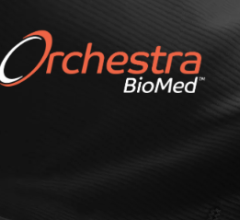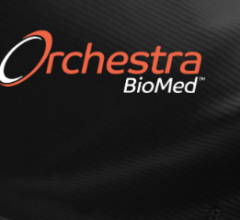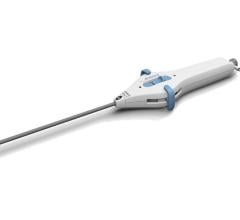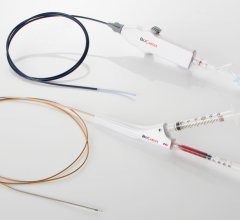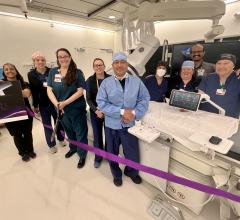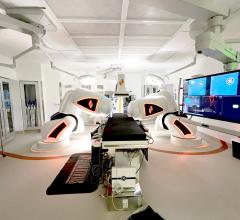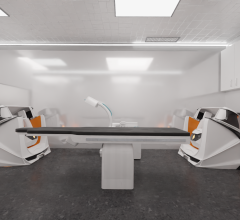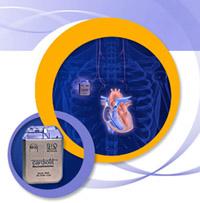
May 16, 2011 - The first patient was recently enrolled in the INOVATE-HF (INcrease Of VAgal TonE in Heart Failure) clinical study to determine the safety and efficacy of BioControl Medical’s CardioFit system. The implantable electrical stimulation device is designed to improve heart function in patients with congestive heart failure (HF). The first patient was enrolled at Northwest Texas Heart Hospital, Amarillo, Texas, by study investigator Suresh Neelagaru, M.D.
The prospective, randomized, controlled study is designed to evaluate the system’s potential to reduce hospitalization and death among patients with HF, while also exploring whether combined treatment with CardioFit and prescription drug therapy is more effective than drug therapy alone. Results of the study will be used to support a premarket approval application to the U.S. Food and Drug Administration (FDA) for market clearance of CardioFit.
HF currently affects approximately 23 million people worldwide and is diagnosed in two million new cases each year. The leading cause of hospitalization in people over age 65, HF is also the most rapidly growing cardiovascular disorder in the United States. Most HF patients are treated with prescription drugs that are successful at managing select symptoms but are ultimately unable to stop HF deterioration. CardioFit was developed to address this unmet clinical need by directly activating a specific part of the body’s nervous system (called the “parasympathetic” nervous system) to reduce stress on the heart, thereby alleviating HF symptoms and reversing HF deterioration. It operates by stimulating the vagus nerve on the right side of the neck.
INOVATE-HF is enrolling up to 650 patients at up to 80 centers in the United States and Europe. Patients are randomized on a three-to-two basis with the CardioFit or ongoing prescription drug therapy. The primary efficacy endpoint is first occurrence of unplanned HF hospitalization or all-cause death. The primary safety endpoints are system-related complications within 90 days of implantation and non-inferiority to prescription drug therapy beyond 90 days. Secondary endpoints include the rate of unplanned HF hospitalization, the change from baseline to 12 months in HF symptoms and functional and structural cardiovascular status.
“Every decade, researchers seek to uncover new methods, medications and technologies to advance the treatment of heart failure, but so often the results represent only incremental improvement. I believe this will change with the INOVATE-HF study of the CardioFit system,” said Neelagaru, a cardiac electrophysiologist. “By giving us the ability to directly treat the parasympathetic nervous system, the CardioFit has the potential to deliver paradigm-shifting improvement for patients with HF. Exploration of the mind-heart connection is appealing on many levels, but this technology represents a thoroughly exciting new electrical approach to modulating the autonomic nervous system without medications. Investigation of the CardioFit device is as exciting as the adoption of beta blocking medications as a treatment modality in the late 1990s.”
For more information: www.biocontrol-medical.com


 January 29, 2026
January 29, 2026 
